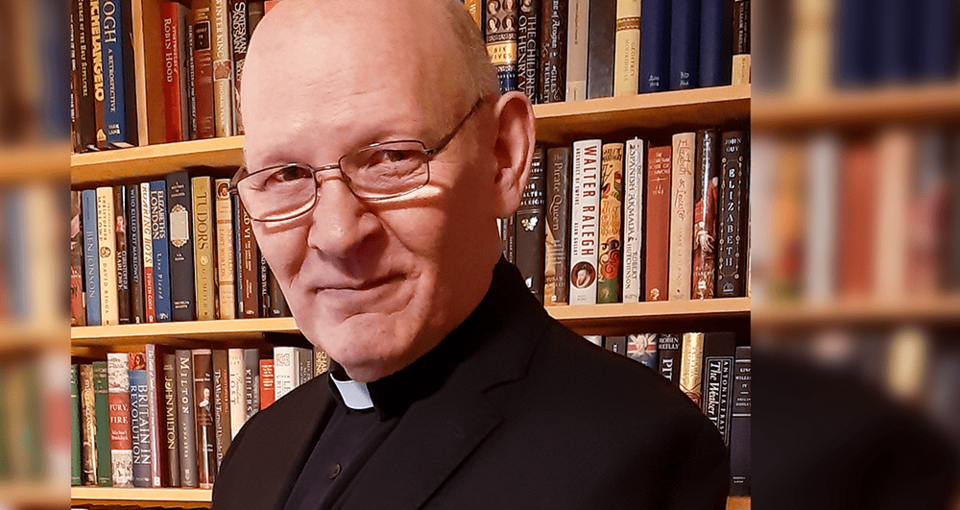In a way I’ve been working on the front lines of poverty, pain suffering, and deprivation for some five years now. First as someone training for the Anglican priesthood, the last three as a deacon, and then as a priest. I knew this would be part of the job, but wasn’t aware how dominant it would be.
In that time, I’ve seen a steady deterioration of the situation, a decline in aid and support, and a decay in public and government concern for the least fortunate in society. We’re being warned of a recession. Good God, it’s been here for some time, but some people have only just noticed.
I use the word “fortunate” on purpose, because running parallel with the struggle of the forgotten is the wealth of those who are — yes — fortunate. Spare me the talk of initiative and industry. Of course, there are countless people who have worked their way to stability and even comfort, and all honour to them. But look at so many of those with financial, media, and political power and ask if family, wealth, and privilege had no influence. How, then, could they viscerally empathize and understand?
Understand, for example, the young woman who cried last week as she sat in a coffee bar, relishing the sandwich I’d bought her, and explained how she’s tried her local politicians, foot banks, legal clinics, everyone. Some were helpful, though never sufficiently, others downright indifferent.
“I just can’t pay the bills” she said, wiping away tears, “but I’ve got a son to support.” She then told me she was about to start as a sex worker. “A lot of my friends are doing the same. No choice. Please, don’t judge me.”
I said I’d never dream of doing so, but begged her to come to me any time for help, and to keep trying the alternatives.
Then there are those who have recently been told that they have to repay $1000 of CERB money that helped them survive the pandemic. It’s because there’s a clawback for those who earned less than $5000 the preceding year. They did earn it, but it was sometimes minimum wage cash and they didn’t declare it. Technically wrong, of course. But non-declaration of a few thousand dollars gained working in often dirty and even dangerous conditions is apparently a dreadful sin for the poor, but substantial tax avoidance by the rich who use good accountants or offshore accounts is considered clever and astute.
Or how about those unhoused people living in tents who have been evicted by local councils and often aggressive police who claim to care about the inhabitants’ wellbeing and safety, but provide little alternative for them? Hard to wonder if the optics are not more significant than the reality. Remember, shelters can be terrifying for people with mental health challenges or addictions.
And the hidden or working poor, who have jobs and may look smart but are obliged to use food banks, or choose between heating and eating. I meet people like this all the time, who are ashamed of their condition when in fact they should be proud of their courage and angry at the way they’re being exploited. Never assume that the person behind the counter goes home to a warm home and a hot meal.
All I can really offer is, if you like, street theology. “Love God with all your heart, soul, and mind, and love your neighbor as yourself.” The rest, I am convinced, is a footnote. I don’t speak to them of faith unless asked to do so, which is more often than you might think, and I only pray with people if they request it. I do what I can with local officials, the police, politicians, and social workers, many of whom are wonderful. I’ve sometimes seen them as frustrated as I am.
It changes some things but it can’t change all things. It’s getting worse rather than better, and those who could make an authentic difference seem cemented in tired arguments and partisan squabbling. I’m so bloody tired of yet more television panels where the well-fed and well-clothed argue about points of politics that have no relevance at all to most Canadians, and especially those who are struggling the most.
It’s not a question of being woke, politically correct, radical, or anything else. It’s about being part of a community based on humanity and virtue. If not, why bother?
Please, please notice the poor and marginalized, in God’s name notice them!
Rev. Michael Coren is an award-winning Toronto-based columnist and author of 18 books, appears regularly on TV and radio, and is also an Anglican priest.



